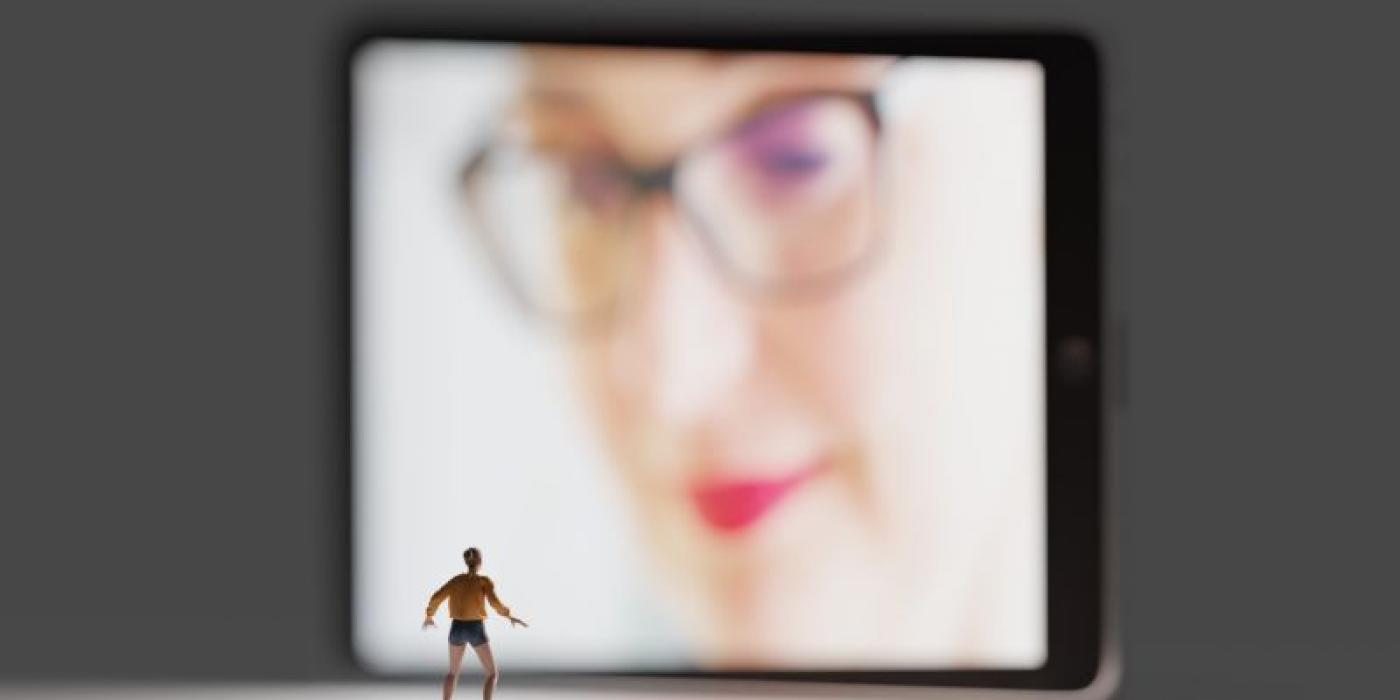
In this time of isolation, when work and school have been moved to our homes, applications with voice and video calls have become key tools for communication with work colleagues, schoolmates, teachers, and also our relatives.
Also at Logout, we have moved face-to-face counselling on the internet. We communicate with clients via telephone, Discord or any other relevant applications. After the initial enthusiasm that we are somehow successful, we have experienced first hand that video counselling is much more draining than we thought it would be.
Why do video calls require more effort from us than a live conversation?
In video calls we need more energy for recognizing non-verbal signs, such as facial expressions, tone and height of the voice as well as body language. Recognizing these signs is not as straightforward as in live conversation, therefore we focus more attention on them, which requires more energy from us.
In live conversations silence is a natural part of the conversation, while in video calls is experienced as more unpleasant and can induce feelings of anxiety. Even just short delays in video calls, because of technology or bad connection, can cause that we see a co-speaker as unsupportive and not focused.
In video calls conversations we are more aware that other people are observing us, in comparison to face-to-face conversations. Consequently, during video calls we often observe ourselves and our own behaviour. By constantly monitoring ourselves and our look in front of a camera is stressful and can cause feelings of tension, irritability or stress.
Due to isolation, and with the help of video calls we merged together parts of lives, which we would usually separate. In the usual environment social roles mostly unfold in different spaces and contexts. This has now fallen apart as different aspects of our lives such as work or school, friends and family, unfold in the same environment. Try to imagine that you are meeting your professors, friends and family in the same caffé. Funny feeling, isn't it? We do something similar now using video calls.
What can we do?
- Try to limit video calls on those which are urgent.
- Use of cameras in meetings should be a choice and not an obligation. It is also not needed, that you have a camera turned-on an entire time of the video call meeting.
- Monitor which is not directly in front of you but it is turned on your side, can help to maintain focus and work as less tiring.
- Think about another way of working, which can be effective, for instance shared folders which you can discuss and change together can prevent information overload.
- Between video calls have a break; a short stretch or a glass of water can keep you fresh.
- Establish and maintain boundaries between work and free time.
